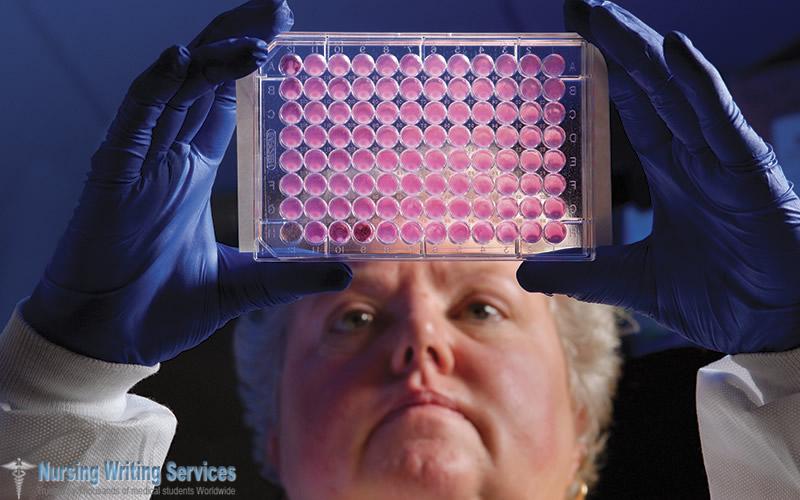
Importance of microorganisms in human life
Microorganisms are microscopic organisms that describe a bacterium, fungus or a virus in the body. These microorganisms play a vital role in maintaining strong immunity and good health in general. Microorganisms inhabit different areas of the body, including the skin, nose and the digestive system. The number of microbes in the human body outnumbers the number of human cells in the body ten times.
This was reported in 2014 and it is supported by scientific literature. There are both positive and negative effects of microorganisms. There are an estimated 30pc of bacteria that are disease-causing pathogens which can have negative effects. For example, mold can trigger bad respiratory problems, and allergies if they grow either in the workplace or the home. The tiny organisms in our bodies can be referred to as microbes, or microbiome collectively.
What they do
The human microbiome is very unique and diverse, in that no two microbiomes are the same. These microorganisms form an essential part of the human immune the system and they influence the metabolism and modulates drug interactions. Microbes are also beneficial. For example, the bacteria from lactic acid is used to make yogurt, cheese sour cream, and other fermented products.
Effects
The microbes that live in association with humans on the surface of the body are called the normal flora. For example, the Lactobacillus and Bifidobacterium protect their hosts from infections and promote better nutrition and health. They also assist in purifying wastewater in water treatment centers and facilities. The atmospheric nitrogen is also transformed to ammonia an important component for enhanced agriculture.
The Negatives
In our homes, microscopic fungi can stain carpets and algae on the walls can grow on the paint making it difficult and costly to remove. Due to their microscopic size, it is impossible to see them growing until they are large enough for the naked eye. Often having already made a regrettable mess. It is also common to find mold on clothing and footwear that has not been worn in a long time. This happens especially in moist areas.
Microbes are agents for food spoilage. Causing food to go bad when exposed or not kept in proper storage. As a result, they may cause food poisoning for people who consume this food unknowingly. To get rid of microbes, high temperatures may be required or very low temperatures that will kill them off slowly.

